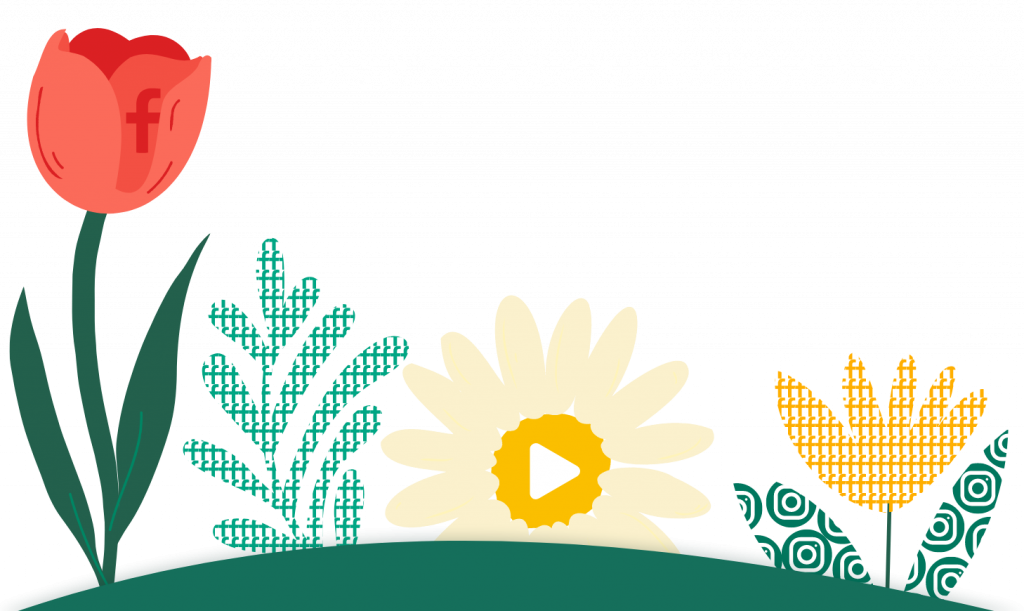
Your part-time vocational training
Start your career as an educator
With our part-time vocational training, we combine comprehensive classroom instruction with practical education, providing our vocational school students with a constructive learning environment.
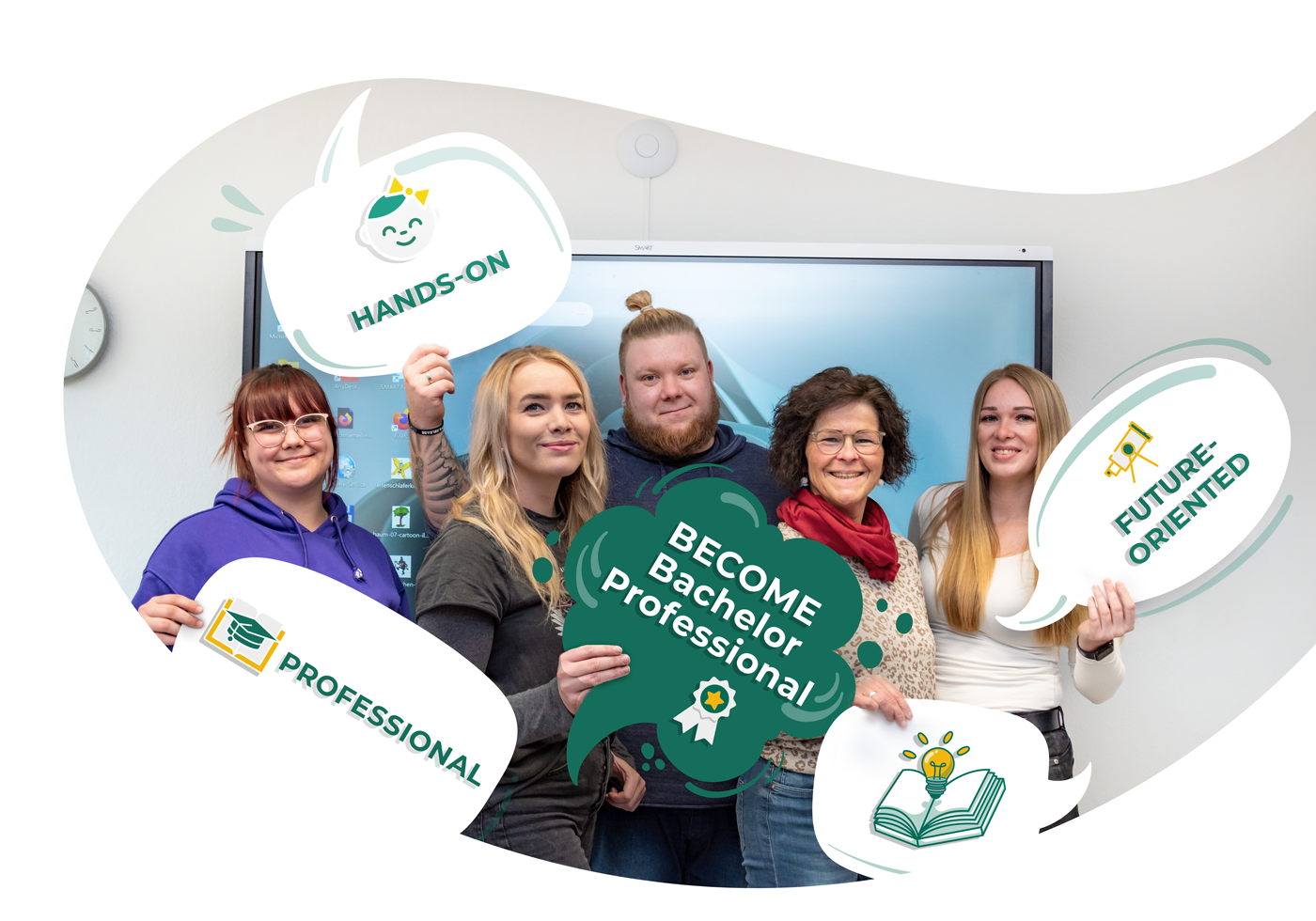
WHAT WE OFFER YOU:

Refresh or improve your English skills in our weekly English course.

Learn how to play the guitar.

Gain intercultural experience through internships abroad (currently in Sweden).
Application
Application deadline: Annually until April 30th
What qualification do you have?
Please select the applicable option.
Application Requirements
completed Voluntary Social Year (FSJ)
or
completed Federal Voluntary Service (BFD)
or
completed 1-year internship in a social institution
Application Requirements
completed training as a Childcare Worker
or
completed training as a Social Assistant
or
completed vocational training and 600 hours of internship in a social-pedagogical institution
or
at least 4 years of professional experience with a recognized social organization without formal vocational training
Application Requirements
Vocational Diploma in Social Work
or
Vocational Diploma in another field and a 1-year social internship
- Resume
- Diploma or degree certificate
- Proof of relevant qualifications
Send us your application documents easily as a PDF file via email:
* So far, the state of Saxony-Anhalt has approved a tuition fee exemption and covered the costs. A continuation of this exemption is decided annually before the start of the next school year..
- Tuition Fee: €120 per month (150€ effective August 2025)
- One-Time Enrollment Fee: €50

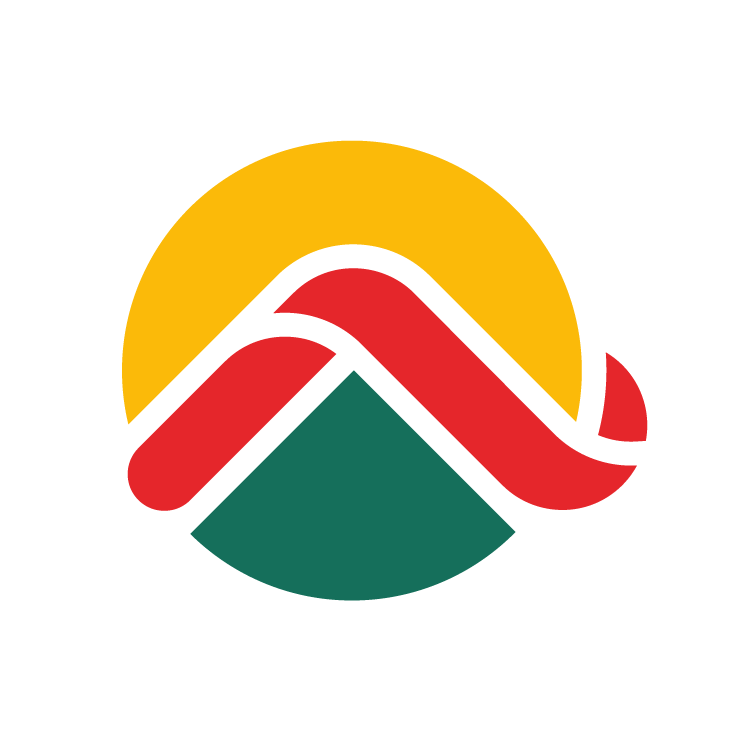
Jobs: Our foundation offers employment opportunities
We offer positions in the fields of residential care, daycare, after-school care, and inclusive youth work
Professional Training
The part-time vocational training curriculum includes both cross-disciplinary and discipline-specific learning areas.
It comprises a total of 2,400 hours of training. During the training, students accumulate 1,200 hours of practical experience, with 800 hours completed in the first professional field.
This professional field may vary depending on the training and could be in the field of early education, after-school care, child and youth welfare services (e.g., residential group), or inclusive youth work (e.g., youth club).
In the 2nd or 3rd year of training, there is a mandatory internship in a second professional field, which covers an additional 400 hours.
- Start of training: Annually from August 1st
- Duration of training: 4-year part-time vocational training
With the submission of the training contract, each student receives a schedule for the entire training.
The training is completed through state examinations:
- 3 written exams, and possibly oral exams
- 1 practical exam in which a complex task with children or adolescents in the practice facility needs to be solved
Passing both the theoretical and practical examinations entitles you to use the following professional designations and titles:
- The professional designation „State-recognized Educator“
- The title ‚Bachelor Professional Social Services“
During the training, the following additional qualifications can be obtained:
- Dual studies in Social Work (requires additional hours)
- Technical college entrance qualification (requires additional hours)
After successful completion, one can pursue higher education at a university.
We are happy to provide you with advice regarding the training and your application.
Team

Carolin Skorsetz
School Director
Carolin Skorsetz graduated from high school in 2007 in Magdeburg. She successfully completed her training as a state-certified educator in 2011 at the European Educational Institute. She is a trained child protection specialist and a coach for personal development. In 2025, she successfully completed her part-time studies in Early Childhood Education/Childcare Management. Her goal is to provide high-quality, practical education in a positive learning environment that strengthens students‘ pedagogical skills and fosters their personal development.
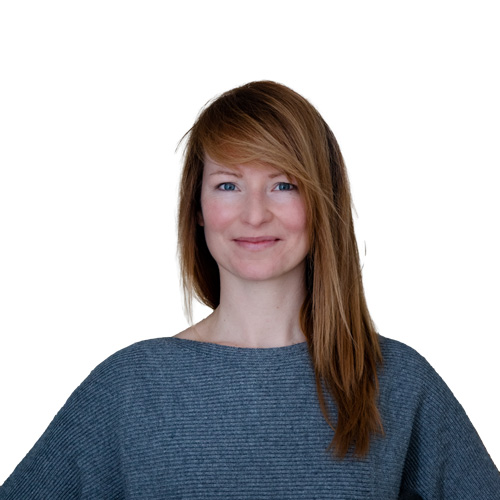
Josefine Eichel
Teacher
Josefine Eichel completed her Master’s degree in Nutritional Science at Anhalt University in Bernburg. In 2015, she began her career as an instructor, focusing on areas such as health, physical education, mathematics, and ecology. In addition to her professional work, she pursued certification as a yoga instructor and personal development consultant. Her passion is to inspire future educators, particularly in subjects like mindfulness, sustainability, and a healthy lifestyle. Outside of work, you’ll mostly find her engaged in snowboarding, kitesurfing, and stand-up paddleboarding.

Dr. Mustafa Coskun
Teacher
Dr. Mustafa Coskun studied American Studies in Istanbul and Ethnology at Indiana University in the USA, and received his doctorate from the Max Planck Institute for Social Anthropology. He has furthered his qualifications through professional certificates in TESOL and international education consultancy. He taught and conducted research in the fields of linguistics and cultural studies at universities in Turkey, Central Asia, the USA, and Germany. Since 2022, he teaches English and social sciences at our school, where he values the transformative potential of training future educators. He enjoys engaging in critical discussions in the fields of intercultural communication and international education and structures his classes as interactive and interdisciplinary learning experiences.
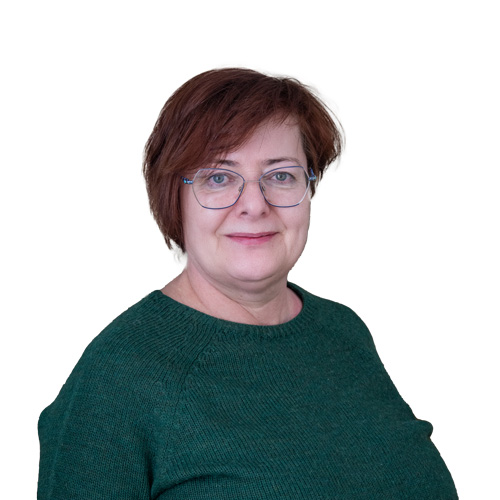
Dr. Birgit Sielmon
Coordinator
Birgit Sielmon completed her studies in plant production at the University of Agriculture in Nitra, Slovakia. After a successful doctoral dissertation, she was awarded the academic degree ‚Doctor agriculturarum‘ by the Academy of Agricultural Sciences of the former East Germany. Following her certification as an IHK (Chamber of Industry and Commerce) certified industrial clerk with teaching qualifications, she worked for several educational institutions in vocational training and youth career orientation projects after the reunification of Germany. Since the establishment of our school in 2015, she has been serving as the school coordinator, primarily responsible for the organization of operational processes. As a central point of contact in communication with all stakeholders, especially teachers and vocational students, she is deeply committed to creating an optimal learning and teaching environment.
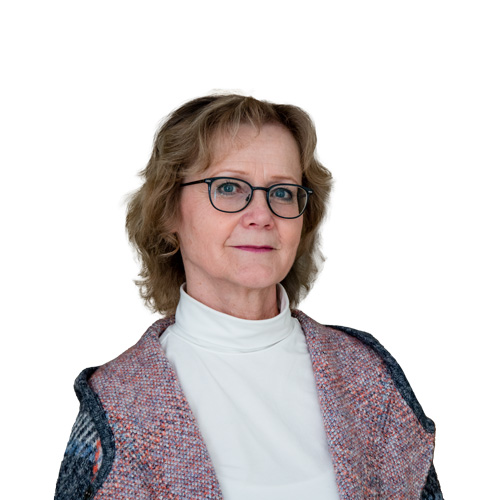
Uta Aehlig
Teacher
Uta Aehlig studied Education at the Pedagogical University of Dresden and Social Work at the University of Applied Sciences in Potsdam. She holds a teaching diploma and is a state-recognized social pedagogue. Since 2016, she has been teaching at our school, specializing in music education, including guitar, among other subjects. She places great importance on a trusting collaboration with organizations in child and youth welfare, as they are vital partners in the education of future educators. For her, the successful transmission and shared experience of elementary music pedagogy occur when the vocational students themselves find joy and pleasure in it. Her motto: ‚If you want to ignite a fire, you must be the flame yourself!‘ (Augustine of Hippo)
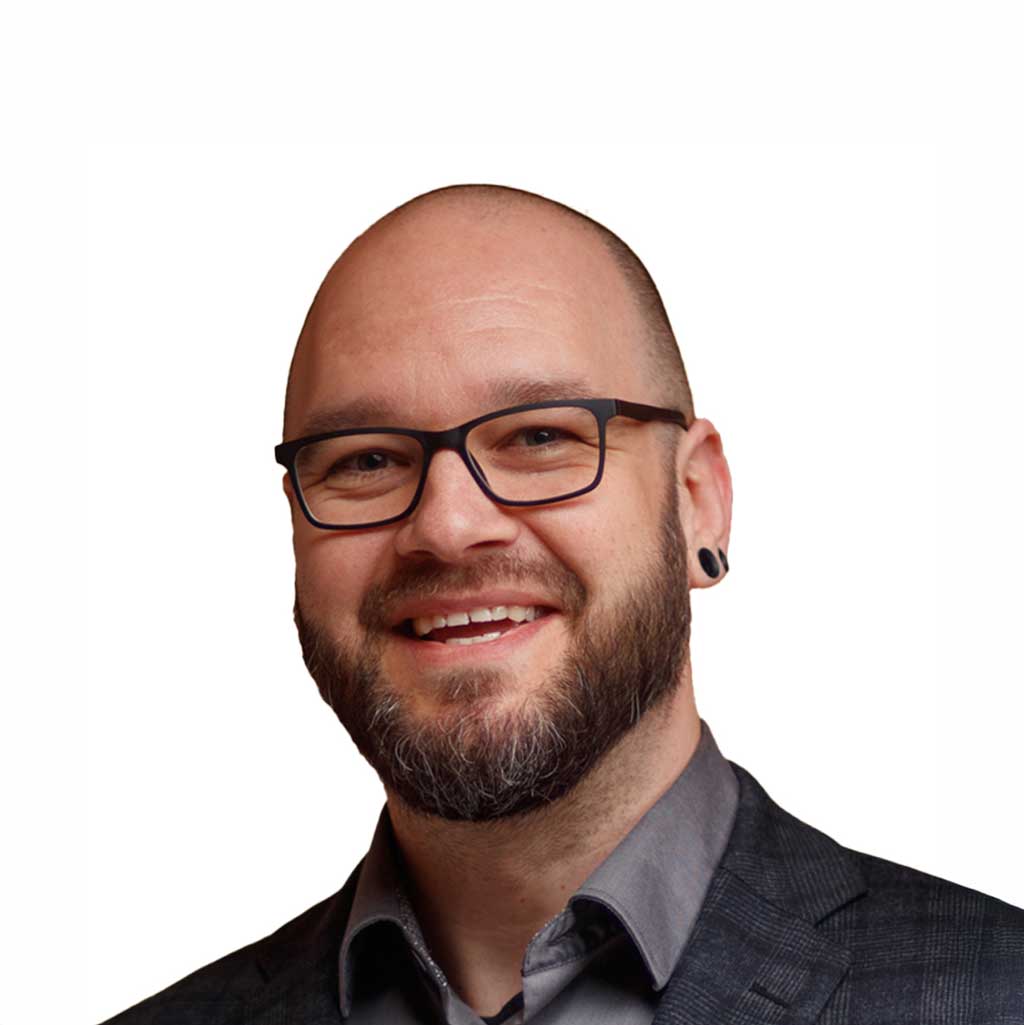
Daniel Stromayer
Teacher
Daniel Stromayer holds a degree in Social Work and Social Pedagogy from the Evangelische Hochschule Dresden and completed training in trauma therapy in 2018. Since 2006, he has worked in various roles at the Evangelische Jugendhilfe Foundation, including open youth work, residential care, and therapeutic services.
As a trusted teacher and student advisor, he values strong theoretical foundations paired with practical relevance. His teaching emphasizes open dialogue, case reflection, and the development of self-awareness.
With many years of musical experience, he also enriches the school’s guitar lessons.
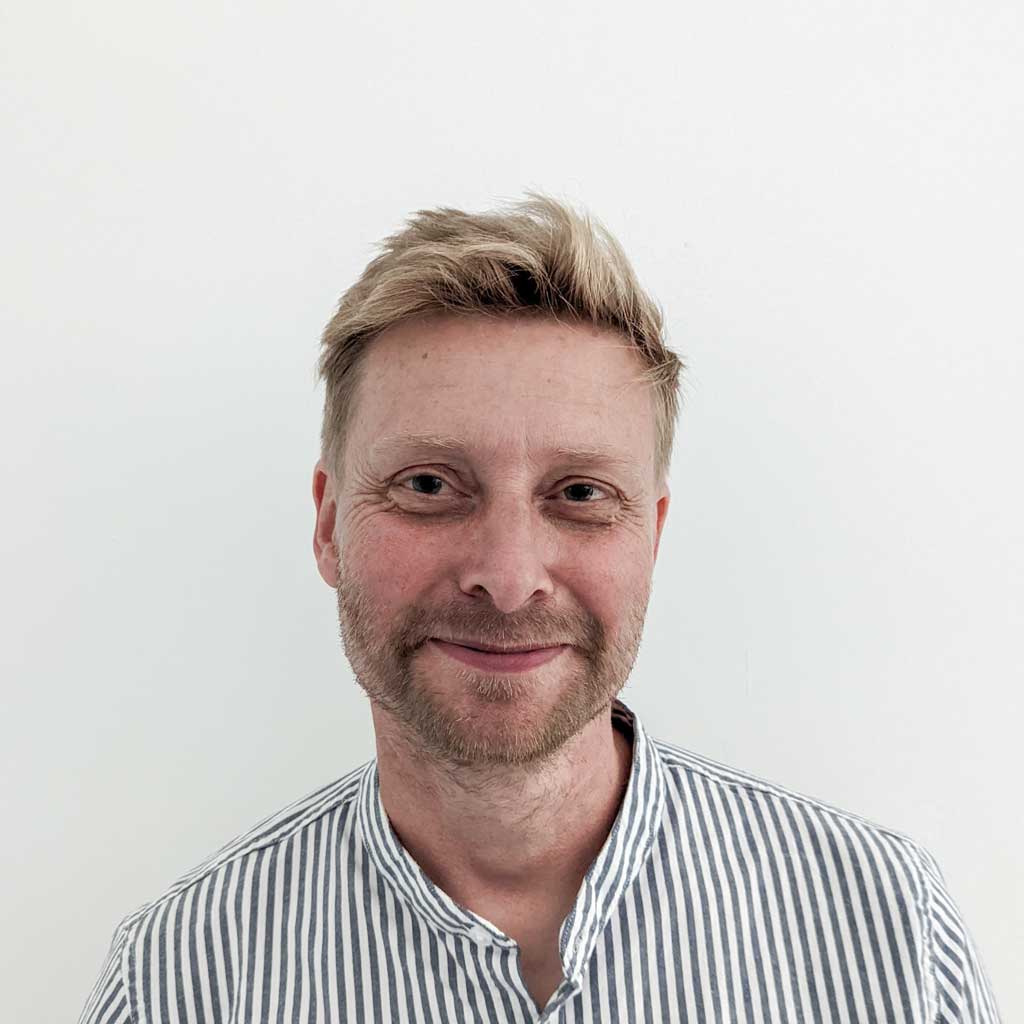
Adrian Einecke
Teacher
Adrian Einecke is an educational scientist with many years of professional experience — both as an early childhood educator and as a consultant in child and youth welfare services. He currently serves as a department head at the Evangelische Jugendhilfe Foundation, where he oversees staff, administration, and quality development.
In vocational training modules 7 and 8, he teaches core pedagogical skills with a strong practical focus: working effectively in teams, navigating legal aspects of social pedagogy, and building strong relationships with children and parents.
Privately, Adrian is a father of several adult children, enjoys sports, and is active in community life. Living in a small town, he prefers getting around by bike — a personal symbol of balance and groundedness in everyday life.
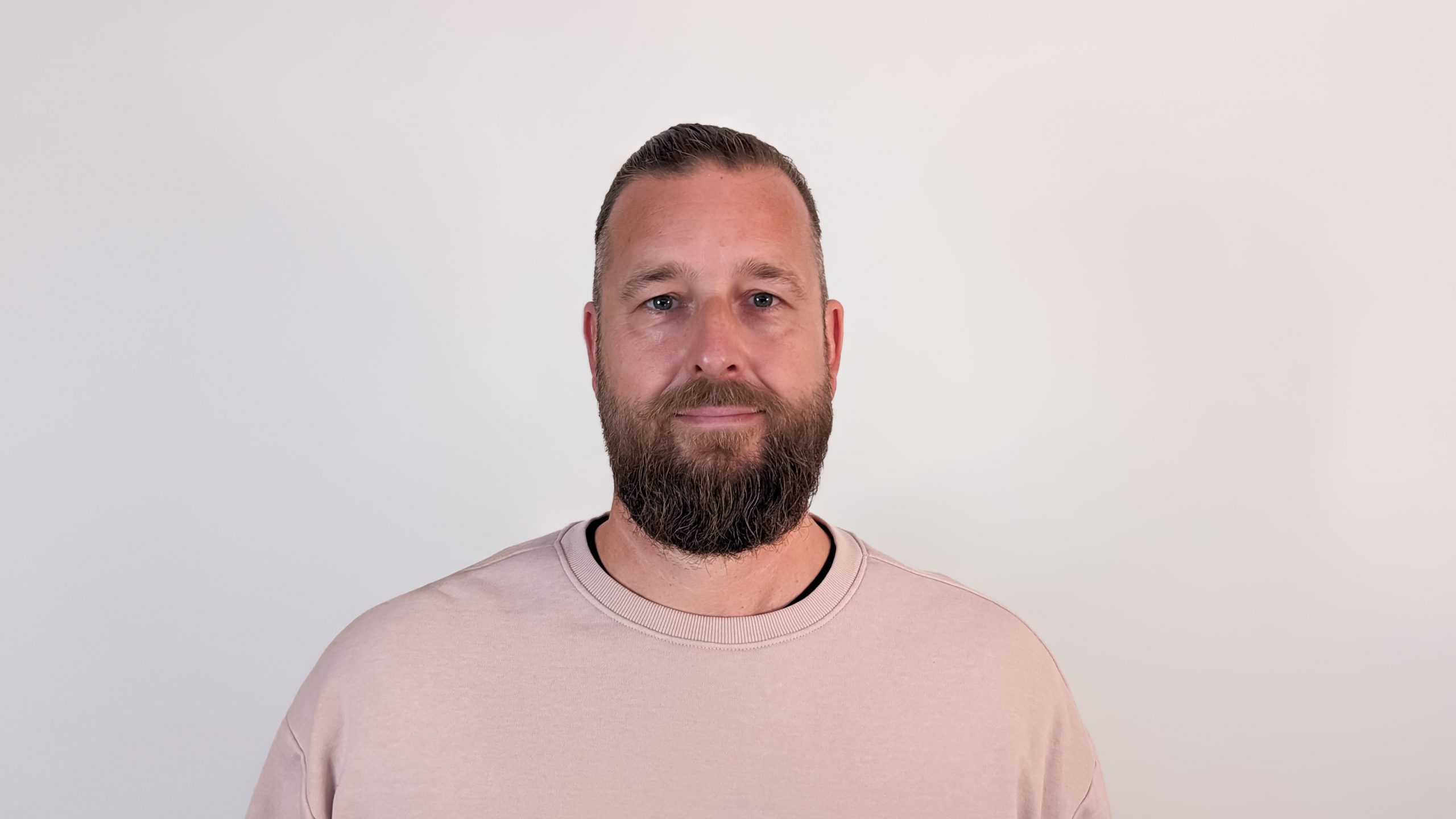
Norman Schubert
Teacher
Norman Schubert studied at the University of Magdeburg and has been a teacher of Physical Education and History since 2010. He is interested in cooperative learning methods and project-based work. Implementing and applying these approaches in his teaching is a matter of great importance to him.
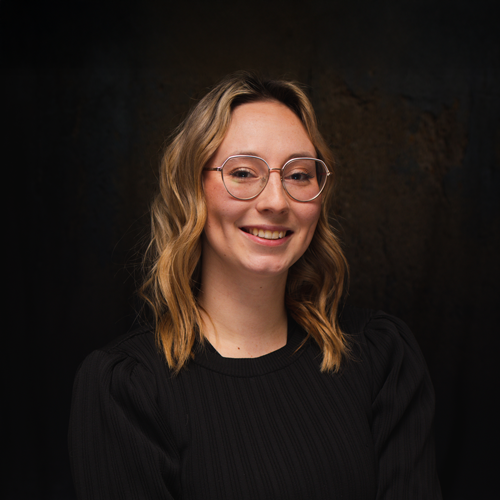
Vanessa Seebo
Teacher
Vanessa Seebo completed her Abitur in 2016 at the Carolinum Gymnasium in Bernburg. She then began a dual study program in social pedagogy with “KIDS” e.V. in Bernburg and successfully graduated in 2019 with a Bachelor of Arts degree. Since then, she has been working for the organization in various areas of child and youth welfare as well as integration assistance. During this time, she pursued further training in remedial education and animal-assisted work. She is currently studying for a Master’s degree in Teaching at Vocational Schools, specializing in Social Pedagogy and German, at the Otto von Guericke University in Magdeburg. Her goal for the future is to pass on her practical professional experience to vocational students.
Location & Contact
Adresse:
Dr.-John-Rittmeister-Str. 6
06406 Bernburg
Telefon:
03471 3740547

About the organisation
St. Johannis GmbH is an accredited independent provider of youth welfare and vocational education. It is a member of the Evangelical Youth Welfare Foundation network.
Our foundation’s areas of work encompass both outpatient and inpatient youth welfare, educational support, child day care, schools, vocational training and career guidance, youth social work, migration and intercultural activities, as well as foster care services.









